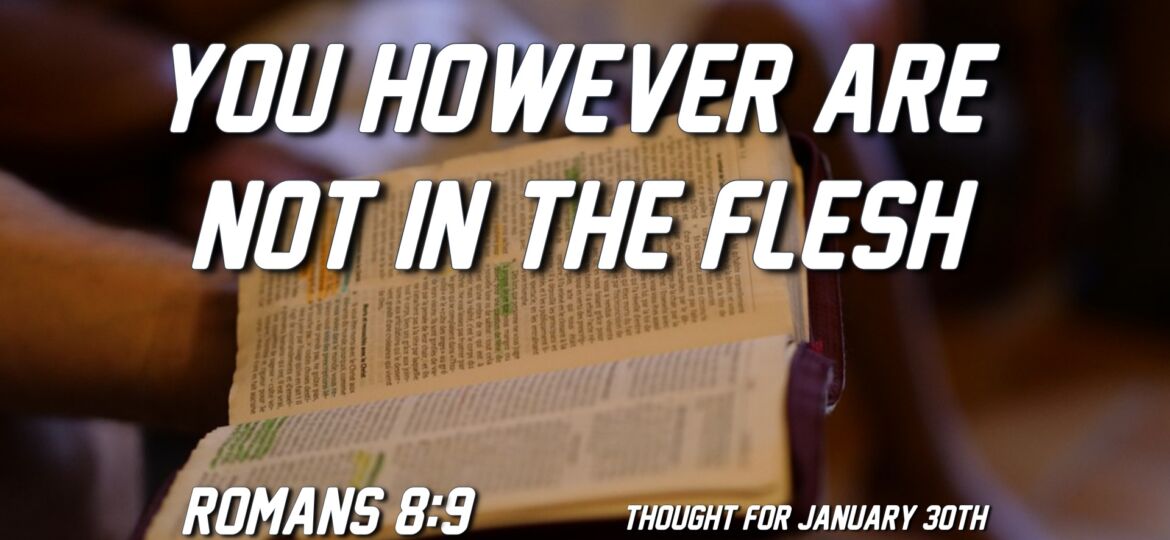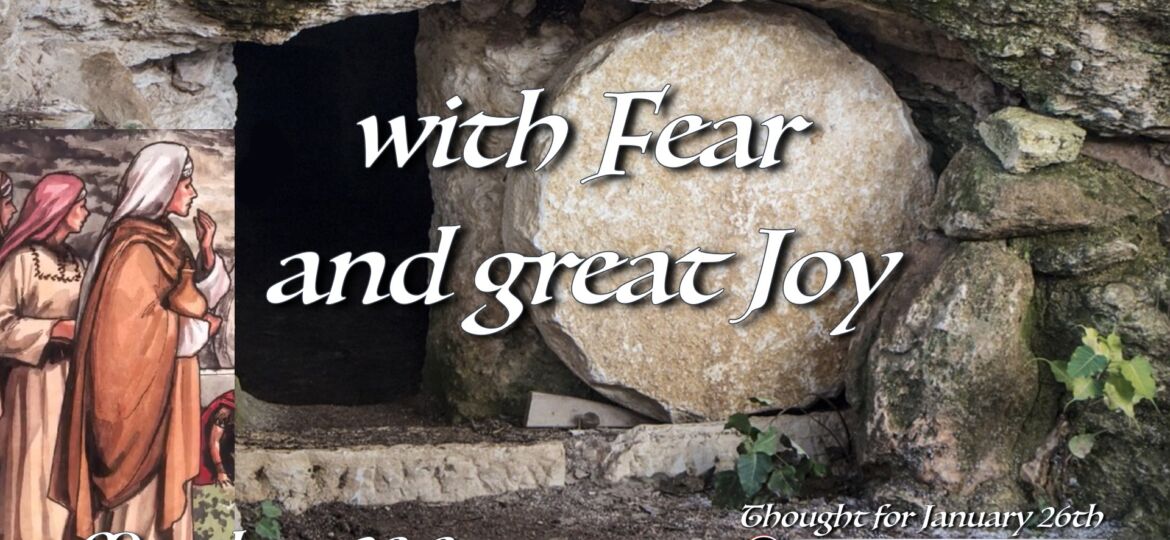Evil threatens to overcome the world. Evil has always been present, sometimes violently so such as in the days when Adolf Hitler was in power. Massive force was used to overcome the evil he created. But Paul wrote, “Do not be overcome with evil, but overcome evil with good” [Romans 12 v.21]. How do you overcome evil with good?
Paul’s message is about our personal response to evil, especially evil individuals. If we respond to anger with anger you know what can happen! In the book of Proverbs Solomon has given powerful advice. “A soft answer turns away wrath” [15 v.1] and “Hatred stirs up strife, but love covers all offences. On the lips of him who has understanding, wisdom is found … the wise lay up knowledge” [10 v.12-14]
Some of Christ’s parables were developed from sayings in the Proverbs. Truly, God’s word is the real source of knowing how to be good and wise in overcoming evil. The message of Christ and his followers is for individuals; it was never for nations; there never has been a ‘christian’ nation. Paul wrote, “as far as it depends on you, live peaceably with all … never avenge yourselves, but leave it to the wrath of God.” [v.19]
Australia with all its blessings of prosperity has been called the “lucky country”, but it has become more and more godless. Is it just coincidence that a few years ago we had massive forest fires that destroyed entire towns and many people were burnt to death? Now, in the last 2 months we have had huge floods covering much of the country, and still effect far North Queensland, the affects of which are still continuing, huge areas were covered, a great number of crops and livestock destroyed.
And now!!! As we type this one of those massive storms is about to hit the north of the country! It has winds of a most violent nature. The Psalms tell us, “frost and hail, snow and mist, stormy winds fulfilling his word” [148 v.8]. Other countries in the world are suffering very extreme weather conditions. We are reading in Exodus of the LORD’s control over the elements of nature that confounded the Egyptians. The real God of the Hebrews confounded the Gods of Egyptian imagination. And today? Man is learning the hard way – that it is perilous to ignore God. Let us not learn the hard way!
[embedyt] https://www.youtube.com/watch?v=5hOWA-AmG6A[/embedyt]










